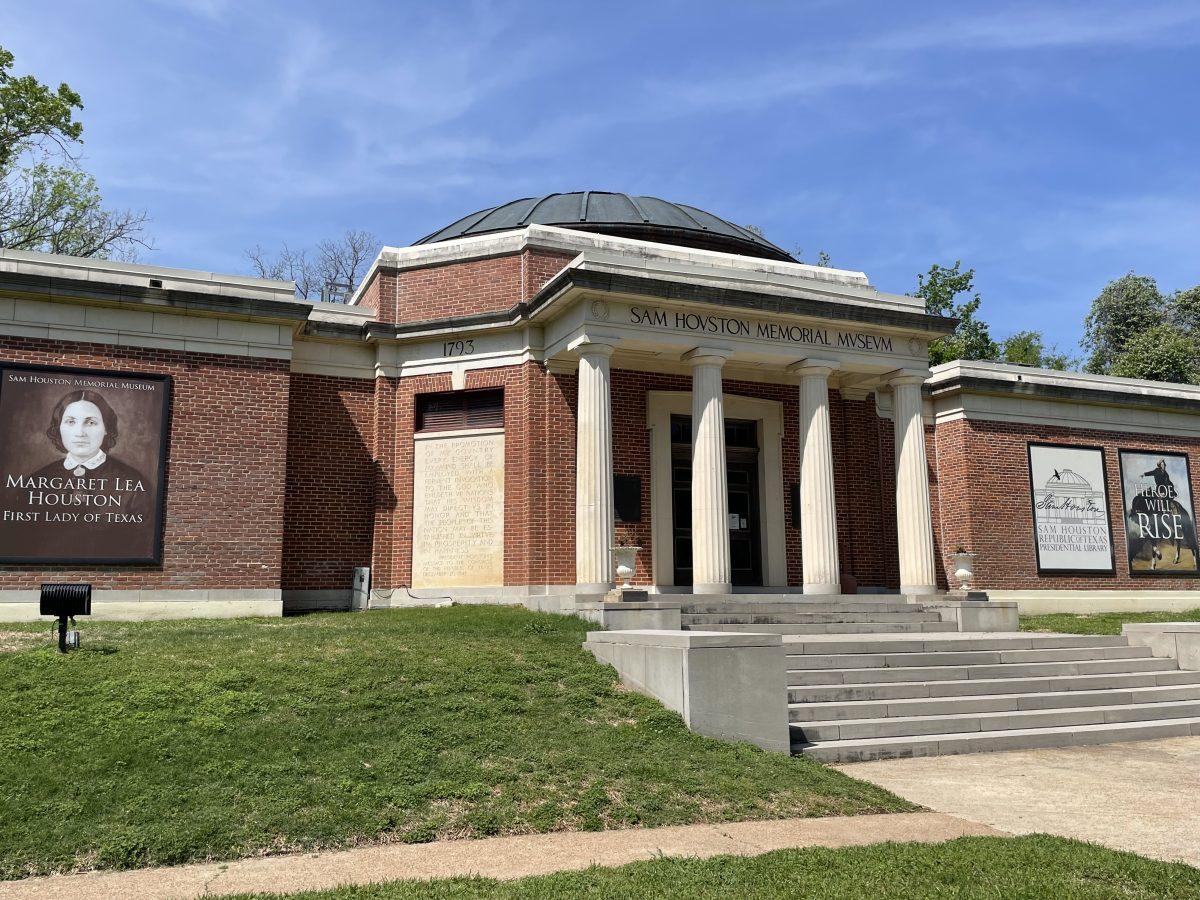They don’t do any actual work. They have problems connecting with others. They are unable to function in society. These are just a few of the stereotypes labeling homeschoolers. This is not to say that there isn’t the occasional example for which these actually apply, but for many, these accusations are unfounded and untrue.
The decision to homeschool is ultimately made by one’s parents, who typically make that decision after considering any number of factors. Depending on whether a student lives in a one- or two-parent household, the parent’s education level and availability to teach and the students’ motivation to complete assignments are some of those major components.
Maria Hendrickson, now a sophomore at SHSU, where her father currently works as the Dean of Graduate Studies, grew up homeschooled by her mother alongside her six younger siblings.
“[When my parents were] looking back on their own childhoods…they were both able to learn but didn’t have a very engaging experience,” Hendrickson said. “That changed when they got to college, but they thought it would be better for their kids if they could get them engaged from the beginning and make them excited about learning all the time.”
This was the ultimate goal of the Hendrickson household, but that did not mean it came easily. Every Fall, her mother put together a curriculum for the different subjects the children were to study. Their schedules were flexible. The amount of information to absorb was not.
“[A typical school day] wasn’t regimented by the hour like public schools, so we’d have a certain number of math problems or a certain length of essay we’d have to write, but when we’d done all that, regardless of the time frame, we were done,” she said. “I was doing six to eight subjects a day, but I would be done by 1:00 or 2:00 in the afternoon – or sooner if I was having a really good day.”
When the subject matter was particularly challenging, or when school was moved into the afternoon to make room for a morning job, Hendrickson’s studies sometimes ended at 6:00 pm or later. The flexibility and freedom to choose were two of the perks of living under such an education system. Another was the extra time spent outdoors and with her family.
“…It was important to me that I could go outside whenever I wanted, like if I wanted to go outside to do homework, I could, as long as I was studying,” Hendrickson stated. “And [my siblings and I] weren’t really separated in different schools by grade, so we were always together, and as a result, we have an extremely close-knit, bonded family.”
There are some downsides to schools of any form, but for her, the cons did not outweigh the benefits of what some might view as an eccentric education.
Hendrickson had quite a bit of social contact as a homeschooler. It just didn’t come in the forms of what most kids would have in public schools. Team sports were not out of the question with homeschool teams and co-ops available. 4H offered a variety of activities, including horse club and horse judging, both of which introduced her to other kids her age.
How well homeschooling works depends as much on the student as the learning environment. Hendrickson’s dedication to her studies, and her mother’s insistence on starting to learn a second language at age 12, aided her both in and out of the “classroom.” This also led to deciding on at least half of her double major in Spanish and Animal Science.
Her fairly early introduction to the language has started to open doors. Already she has been able to translate for native speakers who come to her job at a grocery store. She also looks forward to using this knowledge during future travels to Spanish-speaking nations.
“It’s a really useful skill to have, especially in this area of the country,” she said. “The four most important languages, currently, are Chinese, English, Spanish and French, and I don’t think I’m going to learn Chinese anytime soon.”
Seeing as how neither French or Latin could strike her interest, she took a leap into the next, most logical language, which has more than captured her attention. And not only is bilingualism practical, but Hendrickson views it as a learning experience unlike any other.
“I see this as a way to be versatile, to engage, to be different, to meet different people and to look into their lives in a way that I normally wouldn’t have access to,” she stated.
These were just a few of the reasons she set her sights on such a major. But choosing a major is only half the battle of students venturing out into the “adult world.” Having grown up in Huntsville, a father already working on the closest campus, and auditing classes here in addition to her own studies, it only made sense for Hendrickson to one day enroll as a full-time student at SHSU.
“When I was really little, [SHSU] was kind of my goal in being an adult and going to college, so I always had this in mind,” she said. “I know a lot of people who work here, so it was a very friendly place to be and [made for] a natural transition.”
Hendrickson is currently an ambassador for the Elliot T. Bowers Honors College and continues to focus her time and energy on making the most of her education.
Again, no school system is perfect. Homeschooling, public schooling and university life all have their pros and cons. Some kids may prefer to do their work in the sunshine while others wish to have a little more structure to their schedules. Ultimately it depends on an individual’s talents, skillsets, motivations and whatever environment brings out the best qualities in each student.





